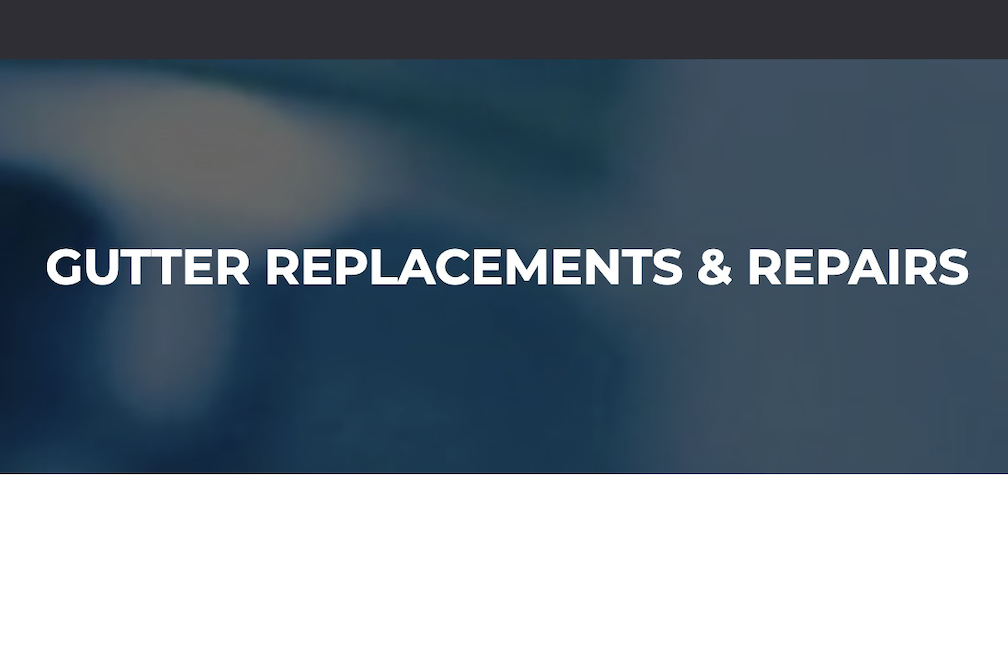
In every home or commercial space, the plumbing system is an integral part of the infrastructure. However, often overlooked until a leak or burst pipe causes damage and chaos, it's critical to pay attention to preventive plumbing maintenance. Regular upkeep can save property owners significant money, time, and stress by mitigating issues before they turn into costly repairs.
In this blog post, we'll share practical tips to help you avoid severe plumbing problems.
Understand Your Plumbing System
The first step towards preventive plumbing maintenance is understanding your system. Familiarise yourself with the types and locations of pipes in your property, where the main water shut-off valve is, and the age of your system. If you've recently moved into a new home or office, ask the previous owners or property managers for this information.
Regular Inspections
A routine inspection of your plumbing system is an essential preventive measure. Look for signs of corrosion, leaks, or abnormal moisture around pipes and fixtures. Check all faucets, showers, and toilets for smooth operation. If any appliances or fixtures are showing signs of wear and tear, it might be time for replacements or repairs. A small repair today can save you from a massive headache tomorrow.
Keep an Eye on Water Pressure
High water pressure is a common cause of plumbing issues. While it might seem great for a satisfying shower, excessive pressure can put undue stress on your pipes and fixtures, leading to potential leaks and breaks. Regularly monitor your water pressure using a pressure gauge; ideally, it should be between 40-85 psi.
Be Conscious of What Goes Down the Drain
Preventive plumbing maintenance also involves careful usage - be mindful of what you put down the sink or toilet drain. In the kitchen, avoid disposing of grease, coffee grounds, or hard food scraps in the sink. In the bathroom, keep hair and non-flushable items out of the toilet. Consider installing drain strainers to catch debris before it causes blockages.
Regularly Clean Your Drains and Gutters
Clean drains and gutters are crucial to a well-functioning plumbing system. Regular drain cleaning can help remove any potential blockages and keep water flowing smoothly. Likewise, your gutters and downspouts need to be clear of leaves and debris to prevent water damage and avoid the need for costly gutter replacements. Plan for at least a bi-annual cleaning, or more frequently if your property is surrounded by trees.
Insulate Pipes in Cold Weather
Cold weather can wreak havoc on your plumbing system. Frozen pipes can expand and crack, leading to expensive repairs. Insulating your pipes can significantly reduce the risk of freezing and subsequent pipe bursts.
Schedule Professional Inspections
While DIY inspections and maintenance are beneficial, nothing beats a professional's trained eye. Regular professional inspections can catch problems that might not be evident to the untrained observer. Plumbers have the tools and knowledge to check hard-to-reach areas and offer solutions to potential issues.
In the end, the adage holds: an ounce of prevention is worth a pound of cure
By employing these preventive plumbing maintenance strategies, you can keep your plumbing system in top shape and steer clear of unexpected, costly repairs. Remember that part of responsible homeownership involves routine inspections, smart usage, and staying ahead of minor issues before they become significant problems. With some effort and awareness, you can extend the lifespan of your plumbing system, and keep it running smoothly for years to come.
| < Prev | Next > |
|---|





